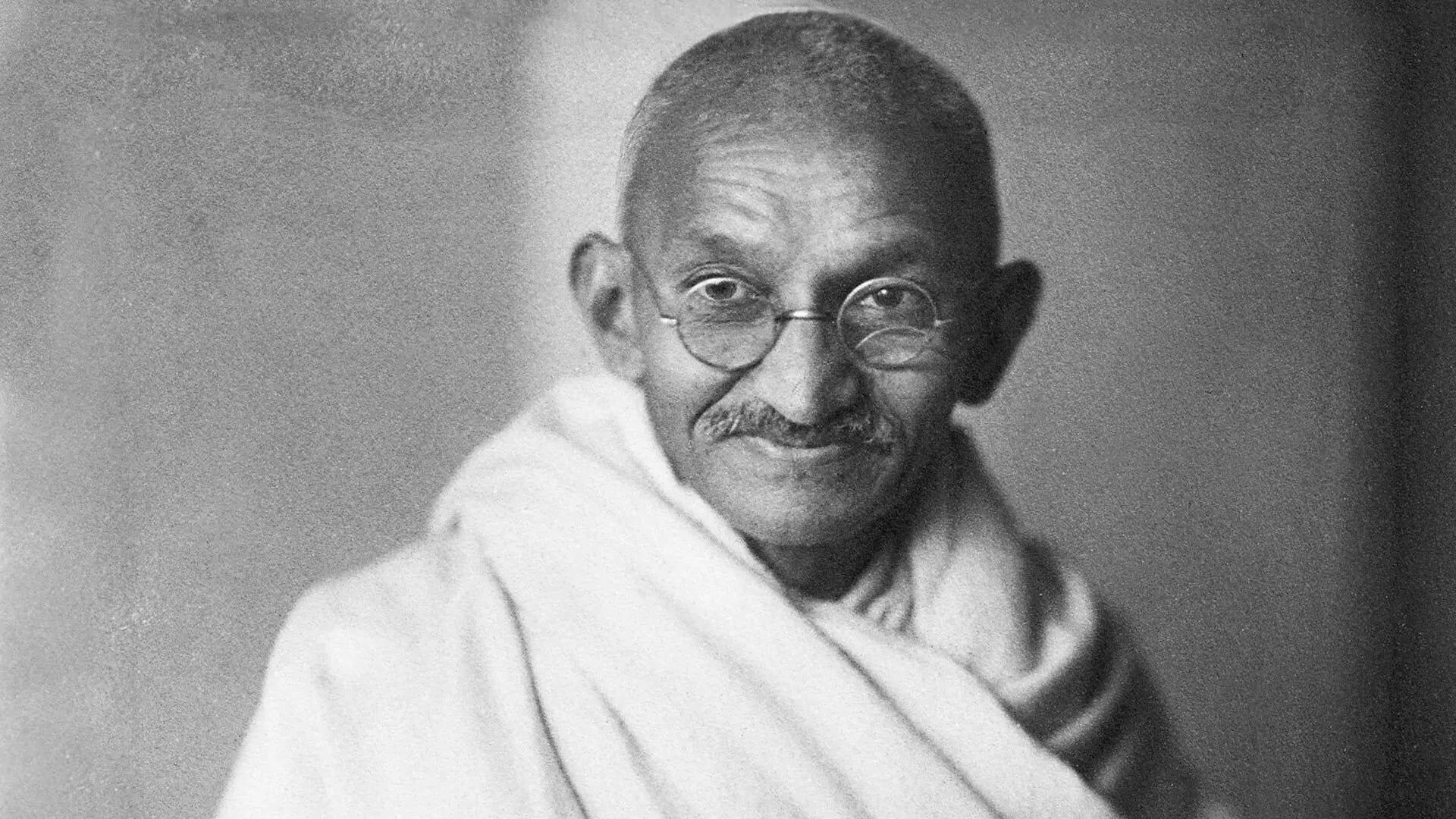Every year, India observes Martyrs’ Day, also known as Shaheed Diwas, on January 30 to honor the individuals who laid down their lives for the country’s independence. This day is significant not only for recalling the sacrifices of various freedom fighters but also because it marks the death anniversary of Mahatma Gandhi, the father of India’s nonviolent struggle for freedom. On this day, the nation reflects on the unparalleled contribution of Gandhi and the unsung heroes who fought for India’s freedom.
Why January 30 is Observed as Martyrs’ Day
On January 30, 1948, Mahatma Gandhi was assassinated while on his way to a prayer meeting at Birla Bhawan in Delhi. His tragic assassination shocked the nation, and since then, January 30 has been designated as Martyrs’ Day. The day is not just a solemn remembrance of Gandhi’s life and ideals but a moment to honor all those who sacrificed everything to secure India’s freedom from colonial rule.
Significance of Martyrs’ Day and Observances
This day holds immense significance as it pays tribute to the countless men and women—freedom fighters, soldiers, and unsung heroes—who gave their lives for the cause of India’s independence. While it is predominantly associated with Mahatma Gandhi, Martyrs’ Day also serves as a reminder of the sacrifices made by countless others whose stories remain untold.
Prayer Gatherings and Tributes
On Martyrs’ Day, the government holds solemn prayer gatherings at Raj Ghat in Delhi, where officials, leaders, and citizens come together to honor Gandhi and the martyrs. These gatherings are marked by silent prayers, speeches, and tributes. The atmosphere is one of deep reverence and gratitude for the sacrifices made by these martyrs.
This year, as part of the observances, a special exhibition titled “Journey of the Mahatma: Through His Own Documents” is being unveiled. This collaboration between the National Archives of India (NAI), the National Gandhi Museum (NGM), the National Film Archives of India, and Prasar Bharati Archives offers a unique opportunity to explore Gandhi’s life and legacy through rare photographs, personal letters, audio recordings, and video clippings. The exhibition, inaugurated by Tara Gandhi Bhattacharjee, Gandhi’s granddaughter, provides a detailed journey of his transformation from a young man in Porbandar to the leader who played a crucial role in India’s freedom struggle.
Prime Minister @narendramodi pays floral tribute to #MahatmaGandhi at Raj Ghat in Delhi on his death anniversary. pic.twitter.com/olQvILbYmt
— All India Radio News (@airnewsalerts) January 30, 2025
Tributes from Indian Leaders
As part of this national day of remembrance, Prime Minister Narendra Modi paid floral tributes to Gandhi at Raj Ghat, emphasizing the continuing relevance of Gandhi’s ideals in the development of modern India. President Droupadi Murmu and Vice President Jagdeep Dhankhar also paid their respects, along with key political and defense leaders such as Union Defence Minister Rajnath Singh, Manohar Lal Khattar, and Congress President Mallikarjun Kharge.
Their presence at the memorial highlights the national importance of the day, underscoring the deep respect and admiration for Gandhi’s legacy, which continues to inspire people around the world.
As India commemorates Martyrs’ Day on January 30, it is an occasion to not only reflect on the life of Mahatma Gandhi but also to remember the selfless sacrifices of all those who fought for the country’s independence. The day serves as a reminder of the values of freedom, patriotism, and sacrifice, and it is a moment for every Indian to pause and express gratitude for the sacrifices that shaped the nation.
ALSO READ: AAP Leaders To Bring Contaminated Yamuna Water To BJP Headquarters Amid Allegations Of Poisoning























